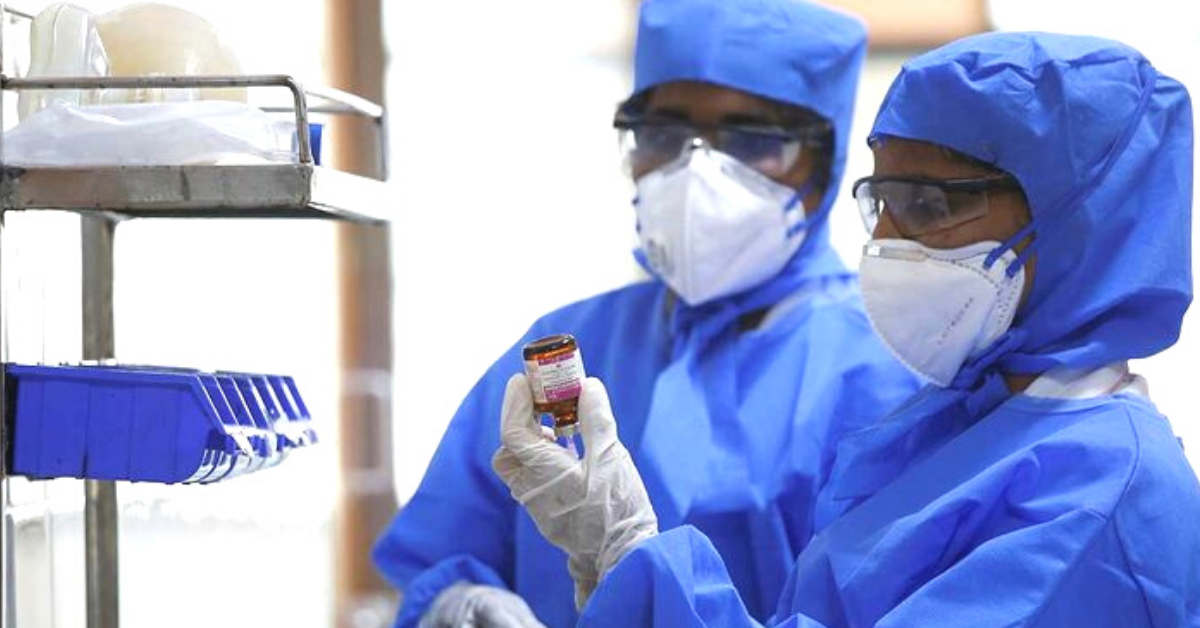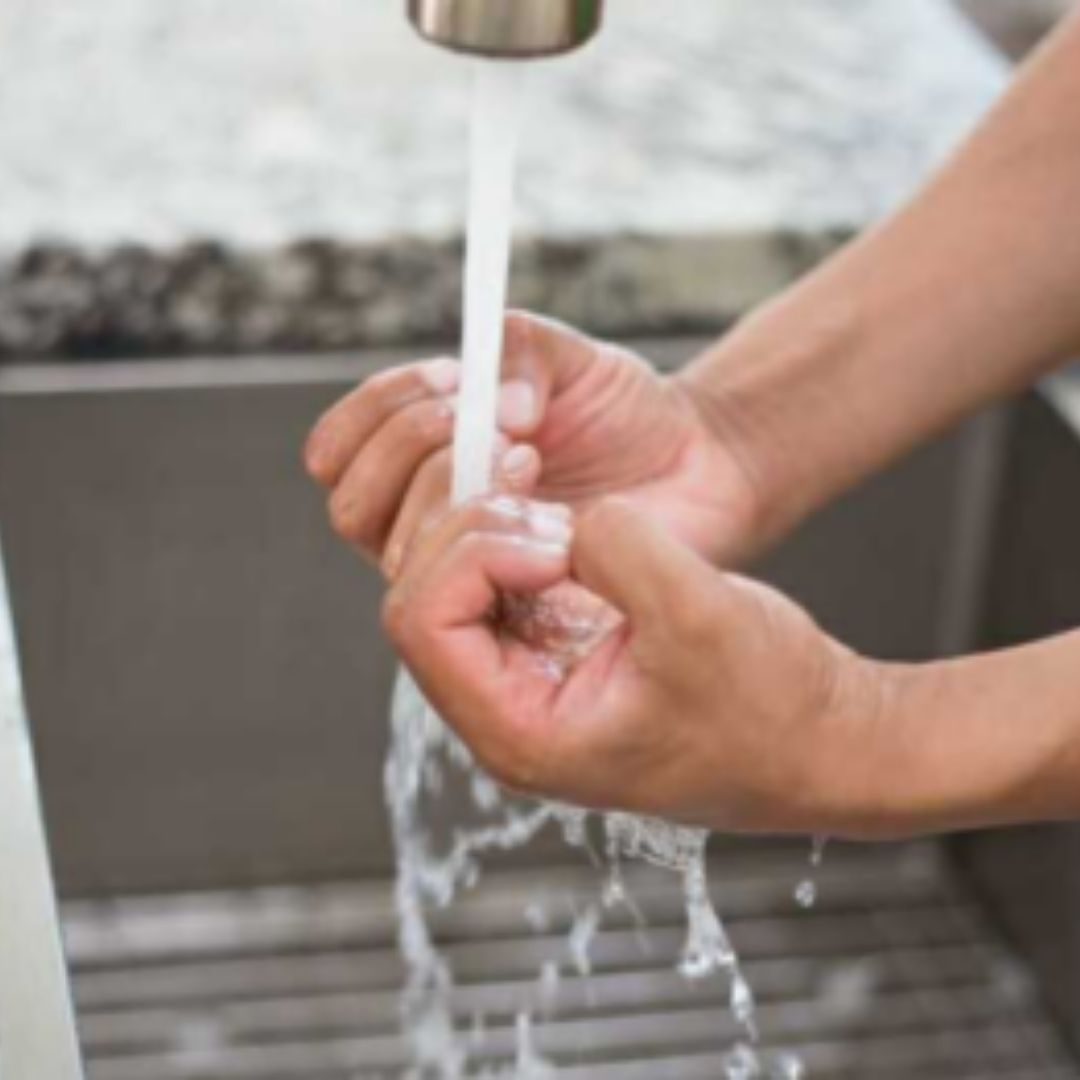With the number of COVID-19 patients on a steady rise, more and more state governments are now encouraging patients with mild or moderate symptoms to stay in home-isolation. In order to ensure that patients have access to good medical care in home isolation, private hospitals have started home care remote assistance for COVID-19 patients.
In this article, The Better India speaks to Dr Ritu Garg, Zonal Director, Fortis Memorial Research Institute, Gurugram to understand what this assistance means and how one can opt for it.
“Given the sudden and steep increase in the number of COVID-19 cases in Gurugram, the hospital decided to launch this service here first,” informs Dr Garg.
Walking us through how this process works, Dr Garg says, “It begins from the time one tests positive for COVID-19. If your medical practitioner feels that your symptoms are mild and can be treated at home, then you could consider opting for the home care assistance package.”
What Does it Entail?
• First step would be to get a video consult with the doctor in-charge to assess the situation and help plan the course of the treatment.
• This video consult will also aid in establishing whether or not the patient is fit for home treatment.
• Later, the patient can decide to avail the home care assistance package, says Dr Garg.
• This is followed by an on-boarding call to inform the patient of all the do’s and don’ts and certain parameters to follow up on.
• The patient will then be required to download an app which will help them home monitoring. This includes pulse reading and timely temperature checks. A team at the back-end then monitors this data.
• A designated person will call the patient each day for updates.
• Dr Garg also mentions that patients will have four video consults during this period with a senior doctor.
• The patient will also require assistance from a dietician and a psychologist to help tide through this period.
• If, during this time, the patient feels breathless, or exhibits any other alarming symptom, they must immediately contact the hospital for assistance.
• Ambulance assistance will also be provided.
• The programme is for 17 days, in accordance with the government guidelines, says Dr Garg.

“According to the government guidelines only those who display symptoms will be tested for COVID-19 or if there has been close contact with someone who has tested positive for COVID-19.” This test can be done only with a prescription given by a doctor.
Alternatively, there is also an option of getting a video consult testing done. However, Dr Garg warns that this is a cumbersome process since there are many ICMR forms that need to be filled and submitted.
Prerequisites for the Home Care Package
• A smart phone to enable video calls with the doctor and the team at the hospital
• A 17-day home care assistance package may cost you anything from Rs 6,000 to around Rs 25,000. If the patient requires additional support – a caregiver, a blood pressure monitoring machine , among others can be made available at extra cost, says Dr Garg.
At What Stage Should you get to a Hospital?
• Difficulty in breathing
• Persistent pain/pressure in the chest
• Mental confusion
• Developing bluish discolorations of lips/face
When Can you Discontinue Home Isolation?

• One should mandatorily be under isolation for 17 days from the onset of symptoms (or date of sampling, for pre-symptomatic cases)
• There should be no fever for at least 10 days
• There is no need for testing after the home isolation period is over.
Since its launch, ten days ago, 25 patients have signed up for the package in Gurugram. “One of the biggest boons is that patients feel connected to the hospital via this program. This also helps us free up the beds to admit those in need of critical and immediate care,” explains Dr Garg.
Where is this Service Being Offered?
In the Delhi/NCR region, Max Healthcare, Medanta, Fortis, and Porteaa are offering this service. The kit that some of the hospitals provide to the patient under home isolation includes a thermometer and an oxygen saturation metre.
Following this model, private hospitals in Gujarat are also offering the home care assistance facility to COVID-19 patients. Shalby Hospitals is offering a 15-day home care assistance package, which will include video consultations, home blood sample collection, and even a home quarantine kit. Karnataka too is mulling over adopting the Delhi model of home care.
Many countries in the West have already adopted the home care strategy as it reduces the burden on the hospitals considerably and frees up space for those in immediate need.
In the UK a person doesn’t need hospitalisation until their pulse oximeter reading is in the 80-85 range. A pulse oximeter is a small instrument that clips onto a patient’s finger and can read the pulse and the oxygen saturation levels in the blood. A 95-100 oxygen saturation range is safe.
Reach out to hospitals treating COVID-19 patients to check whether they offer home care assistance packages and if you can avail the package.
(Edited by Saiqua Sultan)